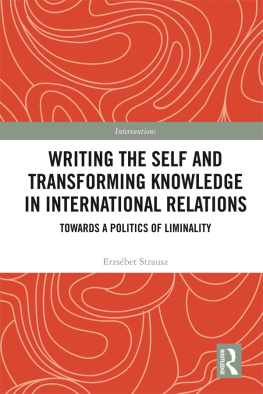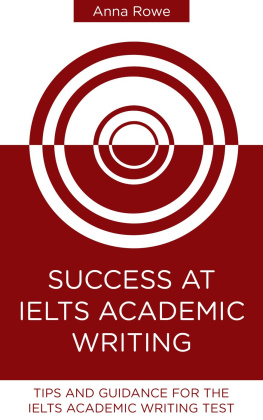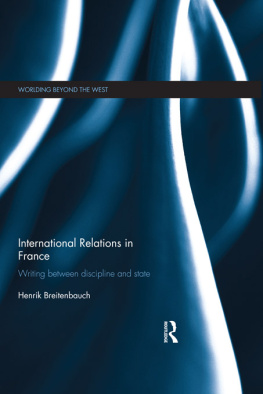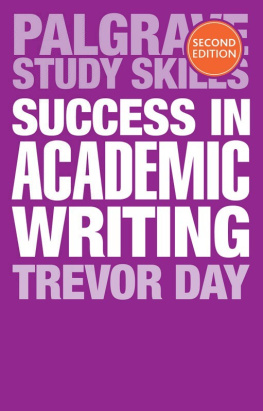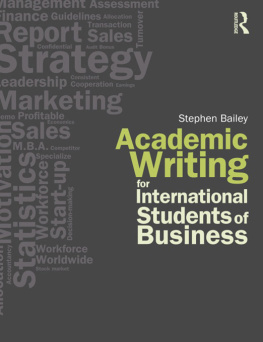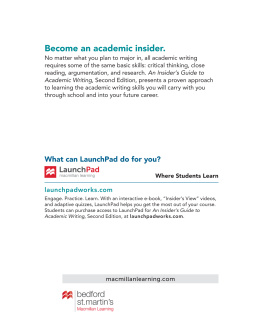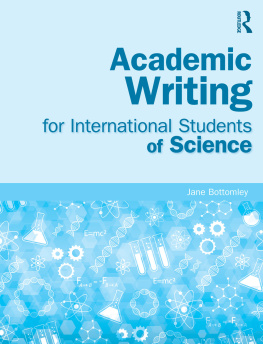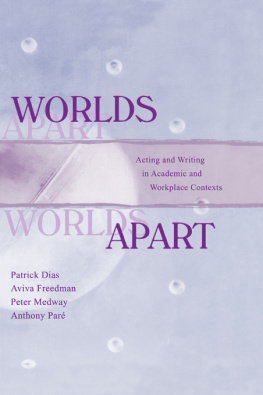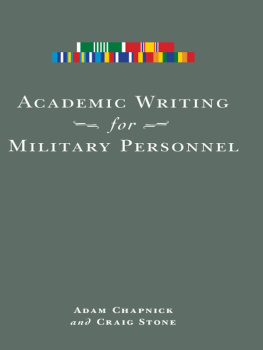Writing the Self and Transforming Knowledge in International Relations
This book emerges from within the everyday knowledge practices of International Relations (IR) scholarship and explores the potential of experimental writing as an alternative source of knowledge and political imagination within the modern university and the contemporary structures of neoliberal government. It unlocks and foregrounds the power of writing as a site of resistance and a vehicle of transformation that is fundamentally grounded in reflexivity, self-crafting and an ethos of care.
In an attempt to cultivate new sensibilities to habitual academic practice the project re-appropriates the skill of writing for envisioning and enacting what it might mean to be working in the discipline of IR and inhabiting the usual spaces and scenes of academic life differently. The practice of experimental writing that intuitively unfolds and develops in the book makes an important methodological intervention into conventional social scientific inquiry both regarding the politics of writing and knowledge production as well as the role and position of the researcher. The formal innovations of the book include the actualization and creative remaking of the Foucaultian genre of the experience book, which seeks to challenge scholarly routine and offers new experiences and modes of perception as to what it might mean to know and to be a knowing subject in our times.
The book will be of interest to researchers engaged in critical and creative research methods (particularly narrative writing, autobiography, storytelling, experimental and transformational research), Foucault studies and philosophy, as well as critical approaches to contemporary government and studies of resistance.
Erzsbet Strausz is Assistant Professor at the University of Warwick, UK.
Interventions
Edited by:
Jenny Edkins
Aberystwyth University
Nick Vaughan-Williams
University of Warwick
The Series provides a forum for innovative and interdisciplinary work that engages with alternative critical, post-structural, feminist, postcolonial, psychoanalytic and cultural approaches to international relations and global politics. In our first 5 years we have published 60 volumes.
We aim to advance understanding of the key areas in which scholars working within broad critical post-structural traditions have chosen to make their interventions, and to present innovative analyses of important topics. Titles in the series engage with critical thinkers in philosophy, sociology, politics and other disciplines and provide situated historical, empirical and textual studies in international politics.
We are very happy to discuss your ideas at any stage of the project: just contact us for advice or proposal guidelines. Proposals should be submitted directly to the Series Editors:
- Jenny Edkins () and
- Nick Vaughan-Williams ().
As Michel Foucault has famously stated, knowledge is not made for understanding; it is made for cutting. In this spirit The Edkins Vaughan-Williams Interventions series solicits cutting edge, critical works that challenge mainstream understandings in international relations. It is the best place to contribute post disciplinary works that think rather than merely recognize and affirm the world recycled in IRs traditional geopolitical imaginary.
Michael J. Shapiro, University of Hawaii at Manoa, USA
Writing the Self and Transforming Knowledge in International Relations
Towards a Politics of Liminality
Erzsbet Strausz
For a full list of available titles please visit www.routledge.com/series/INT
Writing the Self and Transforming Knowledge in International Relations
Towards a Politics of Liminality
Erzsbet Strausz
First published 2018
by Routledge
2 Park Square, Milton Park, Abingdon, Oxon OX14 4RN
and by Routledge
711 Third Avenue, New York, NY 10017
Routledge is an imprint of the Taylor & Francis Group, an informa business
2018 Erzsbet Strausz
The right of Erzsbet Strausz to be identified as author of this work has been asserted by her in accordance with sections 77 and 78 of the Copyright, Designs and Patents Act 1988.
All rights reserved. No part of this book may be reprinted or reproduced or utilised in any form or by any electronic, mechanical, or other means, now known or hereafter invented, including photocopying and recording, or in any information storage or retrieval system, without permission in writing from the publishers.
Trademark notice: Product or corporate names may be trademarks or registered trademarks, and are used only for identification and explanation without intent to infringe.
British Library Cataloguing-in-Publication Data
A catalogue record for this book is available from the British Library
Library of Congress Cataloging-in-Publication Data
A catalog record for this book has been requested
ISBN: 9781138300965 (hbk)
ISBN: 9780203732953 (ebk)
Typeset in Times New Roman
by Apex CoVantage, LLC
For my family: past, present and future
There are many people I would like to thank for enabling, supporting, encouraging, inspiring and making just so much better both this book and the writing process behind it. More than anything else, however, I want to convey the feeling and energy of immense gratitude that accompanied the making of this text from beginning to end. This gratitude arises from big and small wonders, everyday miracles and acts of sharing that more often than not left no particular trace behind. Yet they lived on and continued to gently stretch the horizons of the possible, bringing grace to everyday movements and faith in the unexpected. Besides acknowledging others invaluable contribution to what may look like a single-authored monograph, I would like use this space to affirm the power of genuine care, presence and solidarity in academia and beyond, and the inevitable condition of the co-production of knowledge as a source of strength, creativity and transformation. While this book has mostly been written in the first person perspective of I, it has been shaped and formed in and through encounters, relations and relationships for which I feel truly blessed. Everyone who touched that life material that came to be articulated in this form I am proud to call my co-author.
This project started as a PhD dissertation and evolved in some unpredictable ways since its submission. It is the product of various microcosms living, breathing and growing together; that is, imaginative, associative worlds-in-a-world weaving in and out at different stages and phases of life, work and writing. I think of them fondly for what they continue to make possible: experiences, connections and shifting landscapes that keep providing the most productive material for thinking about who I am and what I do as a person and a scholar.
The first I would call Aberystwyth. I came to Aber nearly ten years ago on a brief visit from Hungary with my friend Natalia Szablewska, who thought I should at least have a look at a British university before I would make substantive decisions about my future. She was right: the five years that I spent in the Department of International Politics as a PhD student and later as a teaching fellow were life changing. The Aberystwyth Postgraduate Research Scholarship was that miracle that allowed me to move to the UK and restored my confidence in things working out eventually. I owe a heartfelt thanks to lots of friends, teachers, mentors, and colleagues who helped me find out what brought me to the place where the tracks end and all the adventure began as I began to learn about the world outside my comfort zone and unlearn my place in it. I am immeasurably grateful to my supervisors, Howard Williams, Alistair Shepherd and Carl Death for their generous support and guidance throughout the many hurdles on the path of intellectual emancipation. I cant thank enough especially Alistair and Carl for the trust they placed in me in my final year when I changed my project and decided to write it anew as an autobiographical piece six months before the submission deadline. Experiencing the freedom to pursue what came from heart and felt like the right project for me, however risky and unusual it might have been remains one of the most important inspirations in both my pedagogical practice and research. Through this I understood that empowerment starts with seeing and affirming ability and inner resourcefulness: that even the most unlikely ideas can be realized and we are capable of figuring out how. Conversations with Hidemi Suganami and his careful reading of my work taught me an ethos and mode of engagement grounded in genuine curiosity and attention that transcends disciplinary boundaries and conventions. My PhD examiners, Louise Amoore and Jenny Edkins made my viva not only a thoroughly enjoyable but also a deeply transformational event a real rite of passage that introduced me to an academia that is open, accommodating and empowering, one in which my experience book could be addressed and assessed on its own terms, in the very spirit of what it aspired to offer to the world, knowledge and community. Here I would like to thank Jenny in particular for her mentorship throughout the years and for reminding me that another university is indeed possible.

